Tablets to smart speakers: The 2010s in spending
- Published
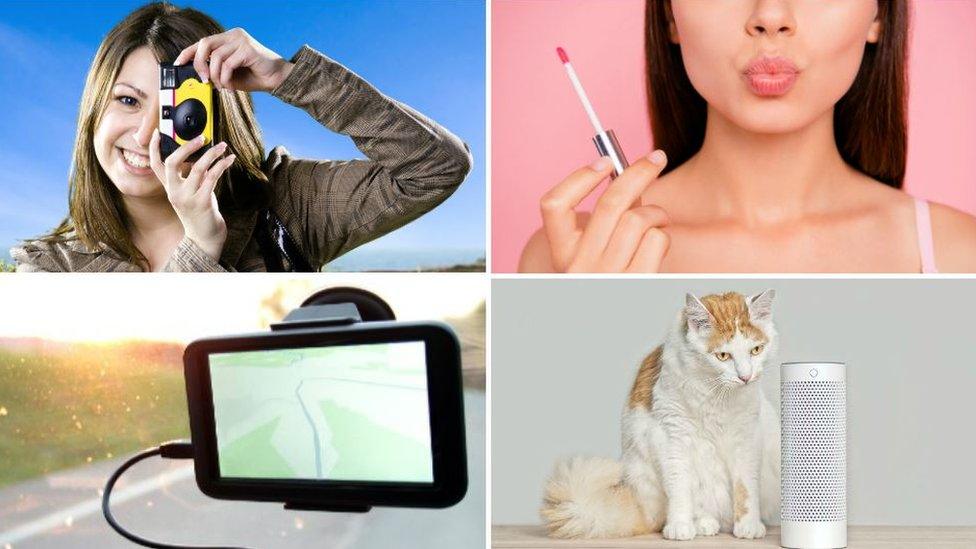
It was the decade of the tablet computer, the smart speaker and the sugar tax. With a hypothetical "basket of goods" statisticians measure how prices change, based on what we're buying and what we're leaving on the shelves. What went in the basket in the 2010s and what went out with disposable cameras and sat navs?
Early 2010. The Apple iPad has yet to be released. You can still rent movies on discs by going into a shop. And if you want to know the weather you need to open the curtains instead of asking your smart speaker to tell you.
What you probably aren't doing is taking photos on a disposable camera.
What is the 'basket of goods'?
The basket of goods is not just the weekly grocery shop, although food prices do feature.
It is a list of 720 commonly-bought products and services, including big household items like fridges or leisure activities such as football tickets. The prices are used by statisticians to calculate inflation, external and the cost of living.
ONS senior statistician Phil Gooding said: "Auditors around the country check prices but also provide updates on what's happening in the shops, such as whether products are getting more or less shelf space devoted to them.
"The effect of the smartphone has been massive. It's had an impact on everything from the growth of apps to the decline of traditional camera film.
"We have added video on demand to DVD rentals but we're still tracking CDs and DVD sales as even though digital streaming services have come in, there is still substantial spending on them."
What went in the early part of the decade?
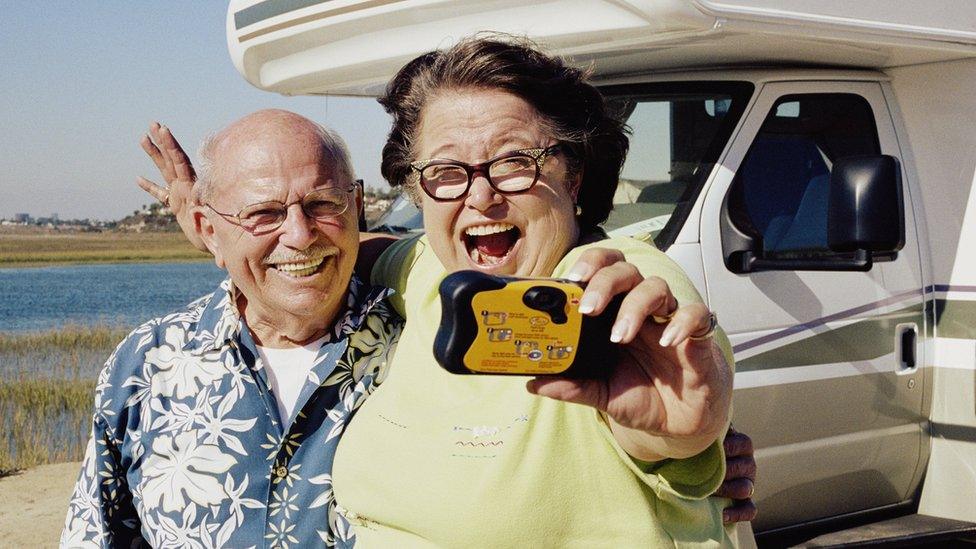
Disposable cameras were chucked out of the basket of goods in 2010
The year 2010 saw the Office for National Statistics (ONS) discard disposable cameras from its notional basket of items because of rising expenditure on digital cameras and because it saw camera phones were becoming "increasingly popular".
It was the year Instagram launched so this was before the unstoppable rise of filters, selfies and influencers.
Meanwhile lipstick went out in favour of lip gloss.
Cigarette vending machines were banned in England in 2011 and so their sales disappeared from the basket.
The same year smartphone handsets and mobile phone apps were added.
Tablet computers joined the mix of goods in 2012, to reflect "a significant and growing market".
These days more than three quarters of children aged 5-15 have access to one.
At the same time, rolls of 135/24 camera film came out of the basket, in a sign of the way digital cameras and phones had changed photography.
When did digital consumption start taking over?
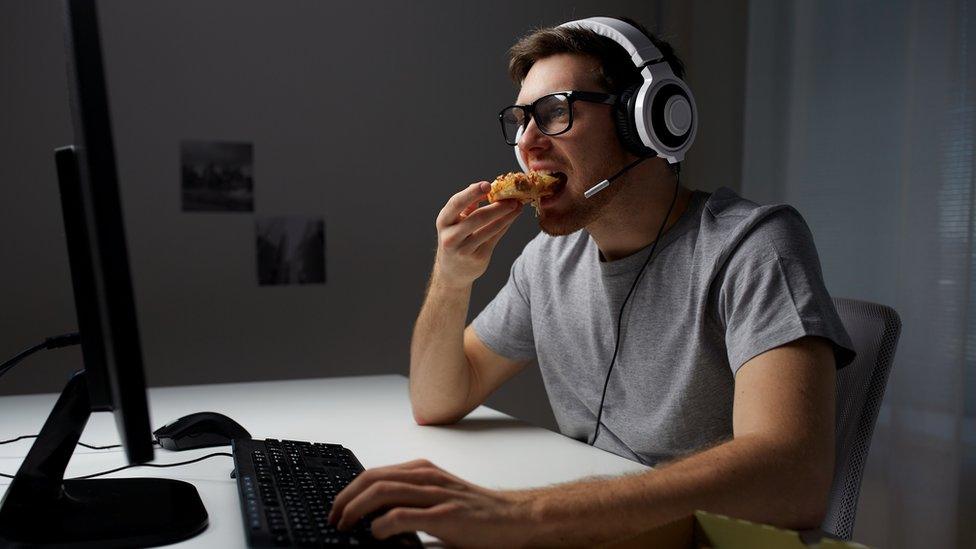
The middle of the decade saw a rise in spending on online games and chilled pizzas reflected in the inflation figures
By 2013 eBook sales had grown to such an extent they too were being monitored for inflation. Out of the basket went the Freeview box, replaced by a digital television recorder/receiver.
Online video on demand was lumped in with DVD rentals in 2014. Blockbuster Video stores had gone but online companies like LoveFilm were still delivering discs to your door.
By 2015 we preferred a fresh pizza to a frozen one, with spending on chilled pizzas leaving the frozen variety out in the cold.
There was increased spending on headphones, online games for consoles and music streaming subscriptions.
The sat nav also went, thanks to the rise of smartphone maps and cars with built-in systems. It meant no more suction marks on the windscreen to advertise to thieves that there might be one in the glove box, external.
E-cigarette refills and liquid were added in 2015 because of a rise in vaping.
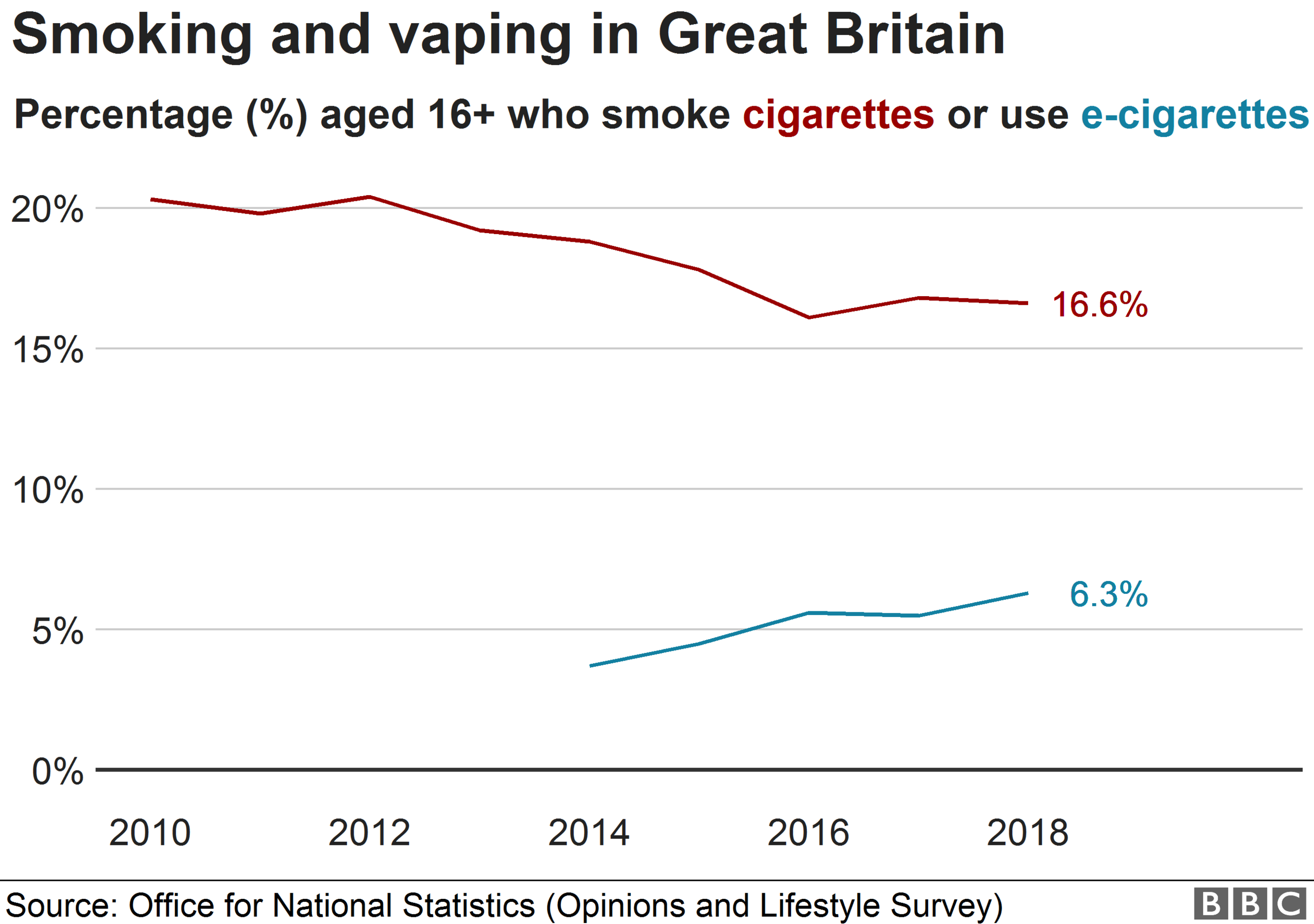
Coffee pods were put into the basket in 2016 but we weren't swapping alcohol for caffeine, as gin was added in 2017 to reflect increasing spending and the growth of small distilleries.
It was about this time the basket also reflected growing interest in vegetarian and vegan diets as non-dairy milk drinks were added in 2017. A year earlier vegetarian meals at restaurants had started being tracked separately to those containing meat or fish.
Has a rise in veganism changed things?
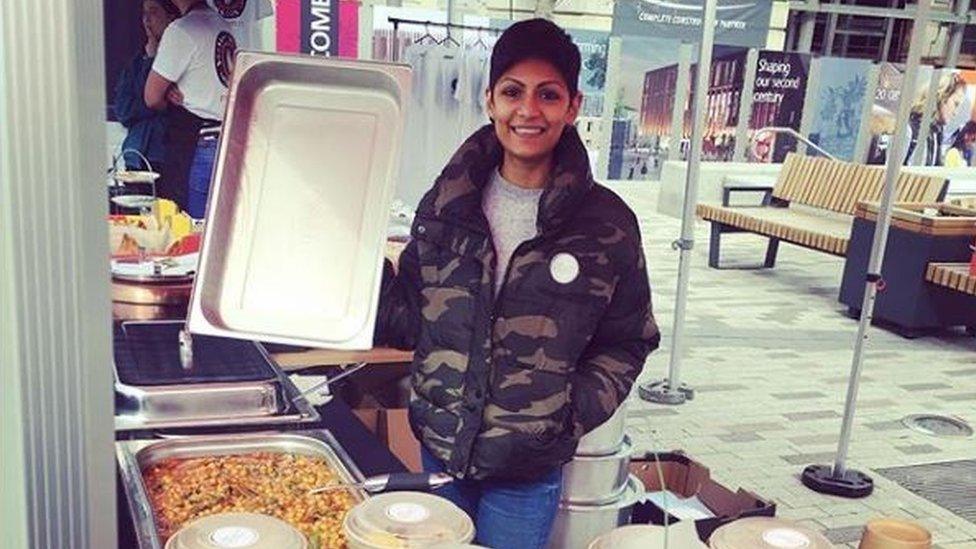
Arti Chudasama said some of her customers were trying to cut down on meat
There are no official statistics on how many people consider themselves vegetarian or vegan.
The Vegan Society estimated it to be just over 3% vegetarian and just under 0.5% vegan, based on surveys by Ipsos Mori in 2016, with the vegan figure rising to just over 1% of the population, external in 2019.
Flexitarian diets, where people eat meat or fish occasionally, are expected to grow in popularity with Sainsbury's predicting people identifying as such will make up half of the population by 2025, external.
Arti Chudasama opened The Pantry, a vegetarian and vegan deli and coffee shop in Leicester, after experimenting with her diet and cutting out meat and dairy products.
The 40-year-old said: "A lot of people want to reduce the amount of meat they eat.
"You can see it in all the dishes being offered in the chain restaurants. Even just in the last year, it's really taken off."
Lynne Elliot, chief executive the Vegetarian Society, said the success of the Gregg's Quorn sausage roll had shown meat-free food was taking off.
"Restaurants appear to have led the trend, and shopping habits have followed suit," she said.
When did we start to ask Alexa and Siri?
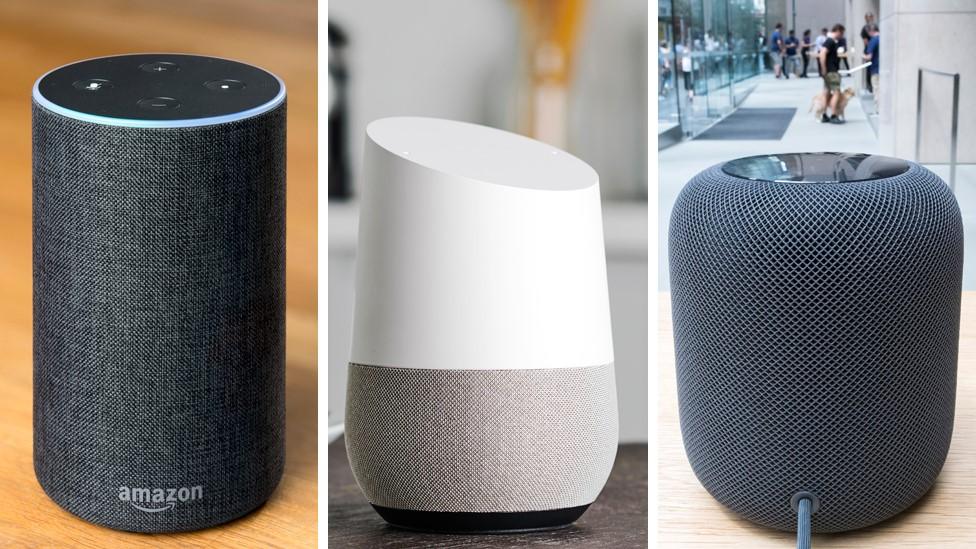
In 2018 admission prices for soft play areas, the refuge of a sleep-deprived parent desperate to tire the kids out long enough to justify plonking them in front of CBeebies, began to be tracked.
Popcorn and peanut butter were added in 2019 while soft drinks were split into regular and diet or sugar free, a consequence of the sugar tax and people buying more "zero sugar" versions.
The smart speaker has been added too, with Ofcom suggesting 20% of households now have one.
Will these devices still be in the basket by 2030? Or will they go the way of DVD rentals and disposable cameras?
You could try asking Alexa, but she probably doesn't know that one.
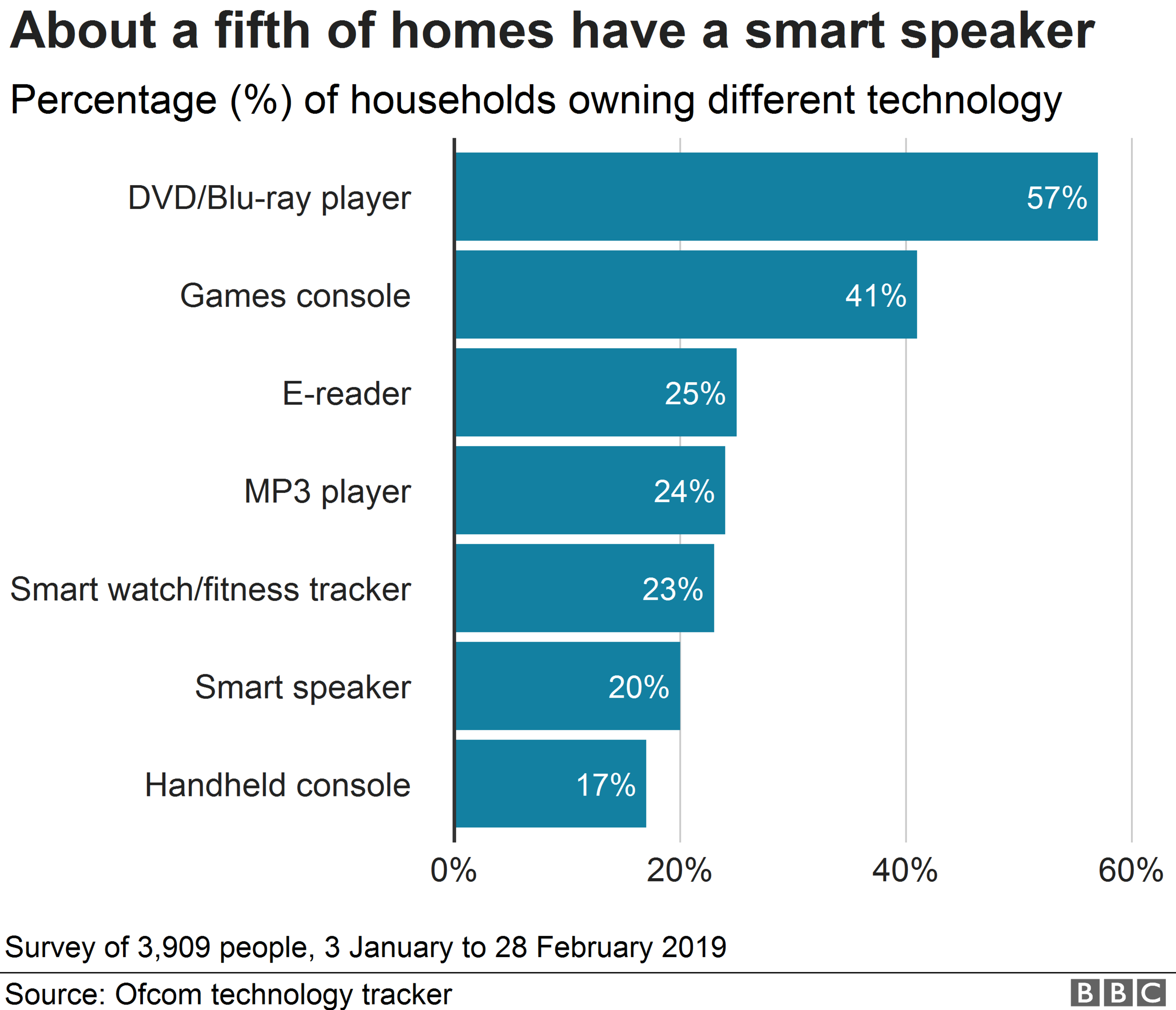
- Published3 December 2019
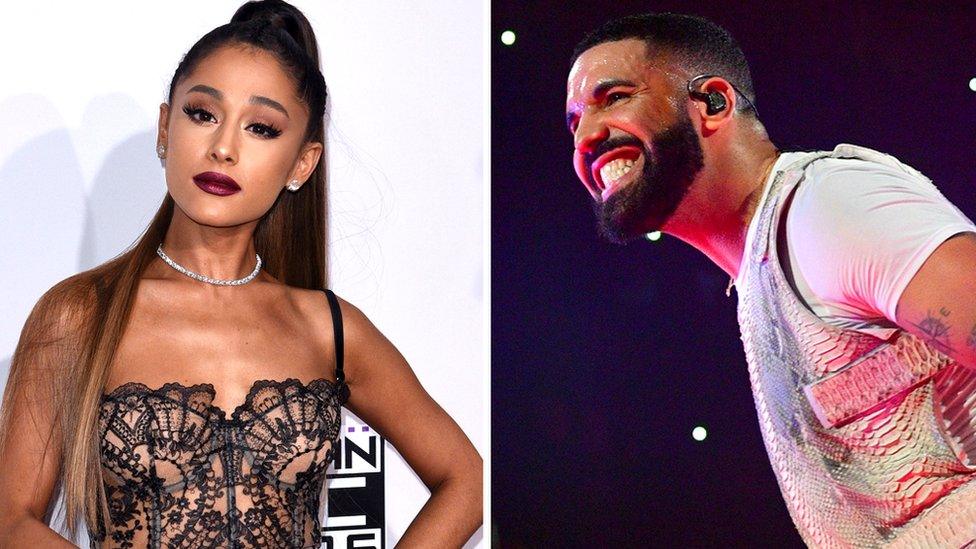
- Published1 December 2019
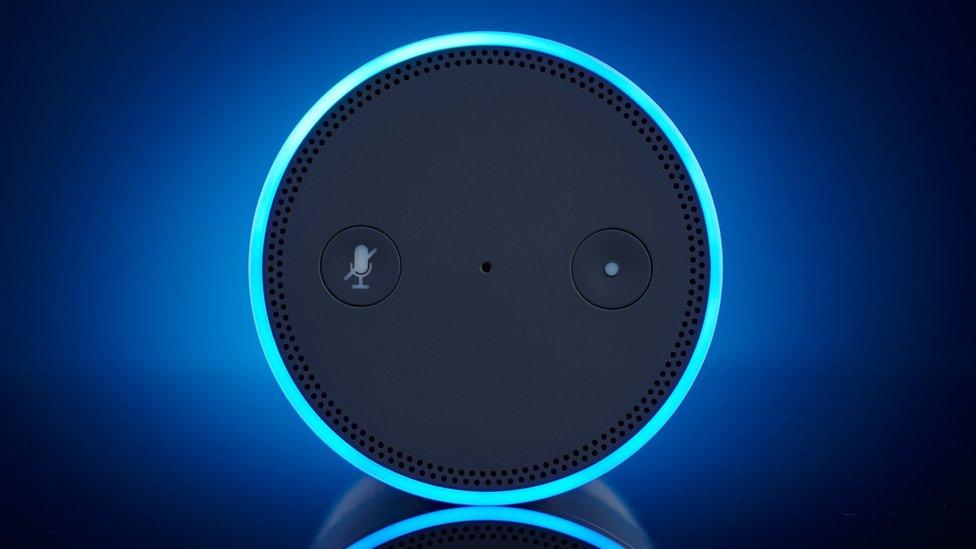
- Published7 February 2018
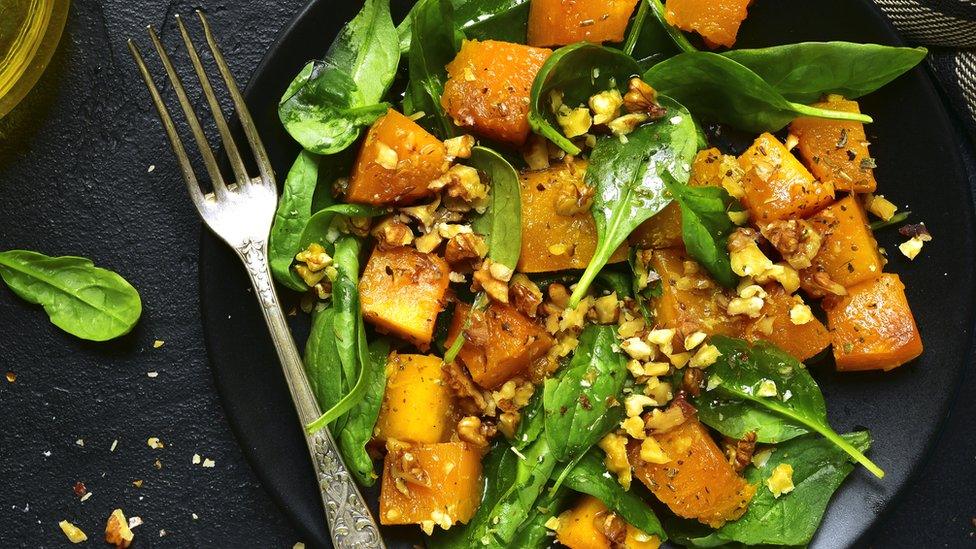
- Published23 August 2019
- Published11 April 2019
